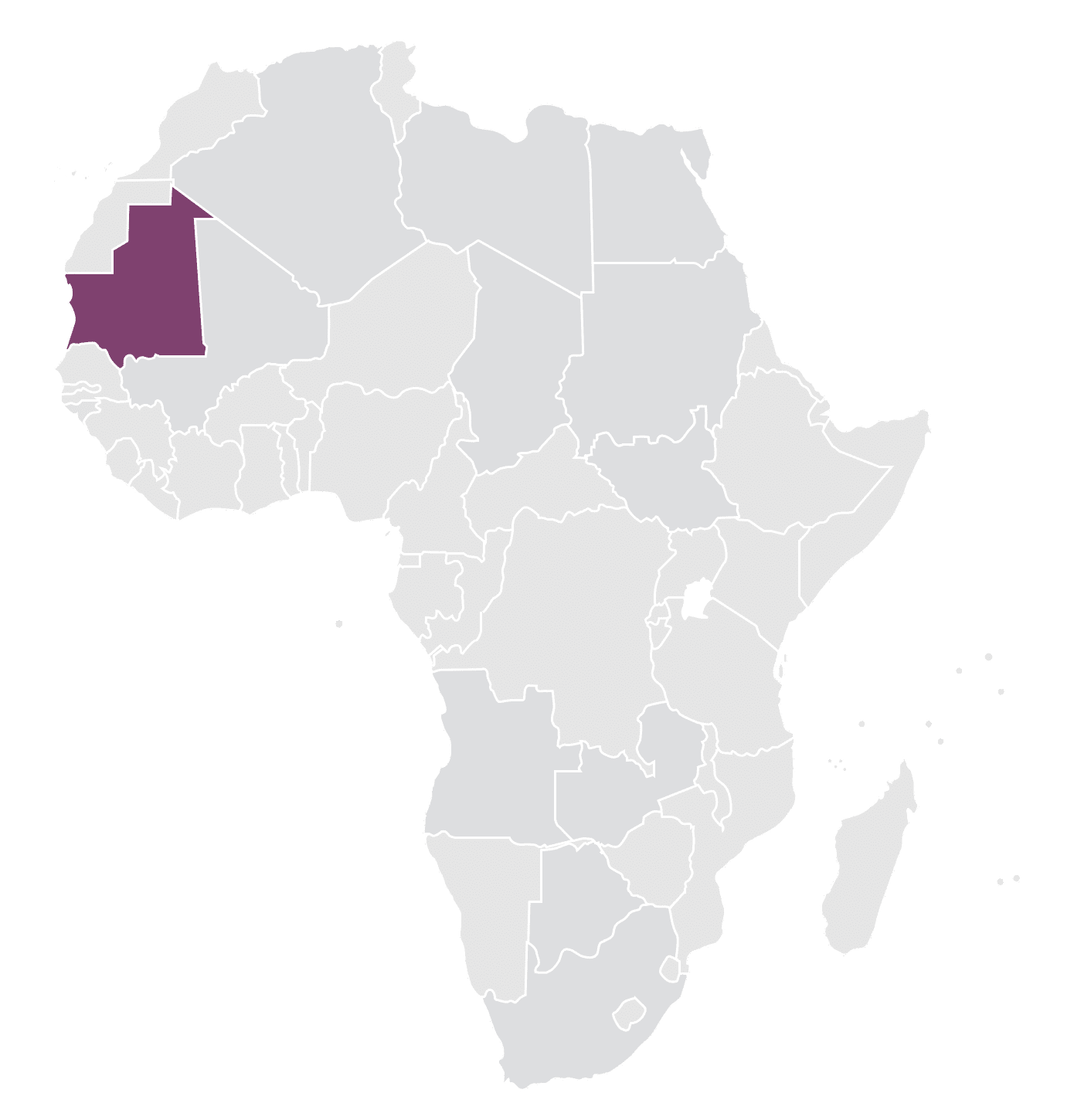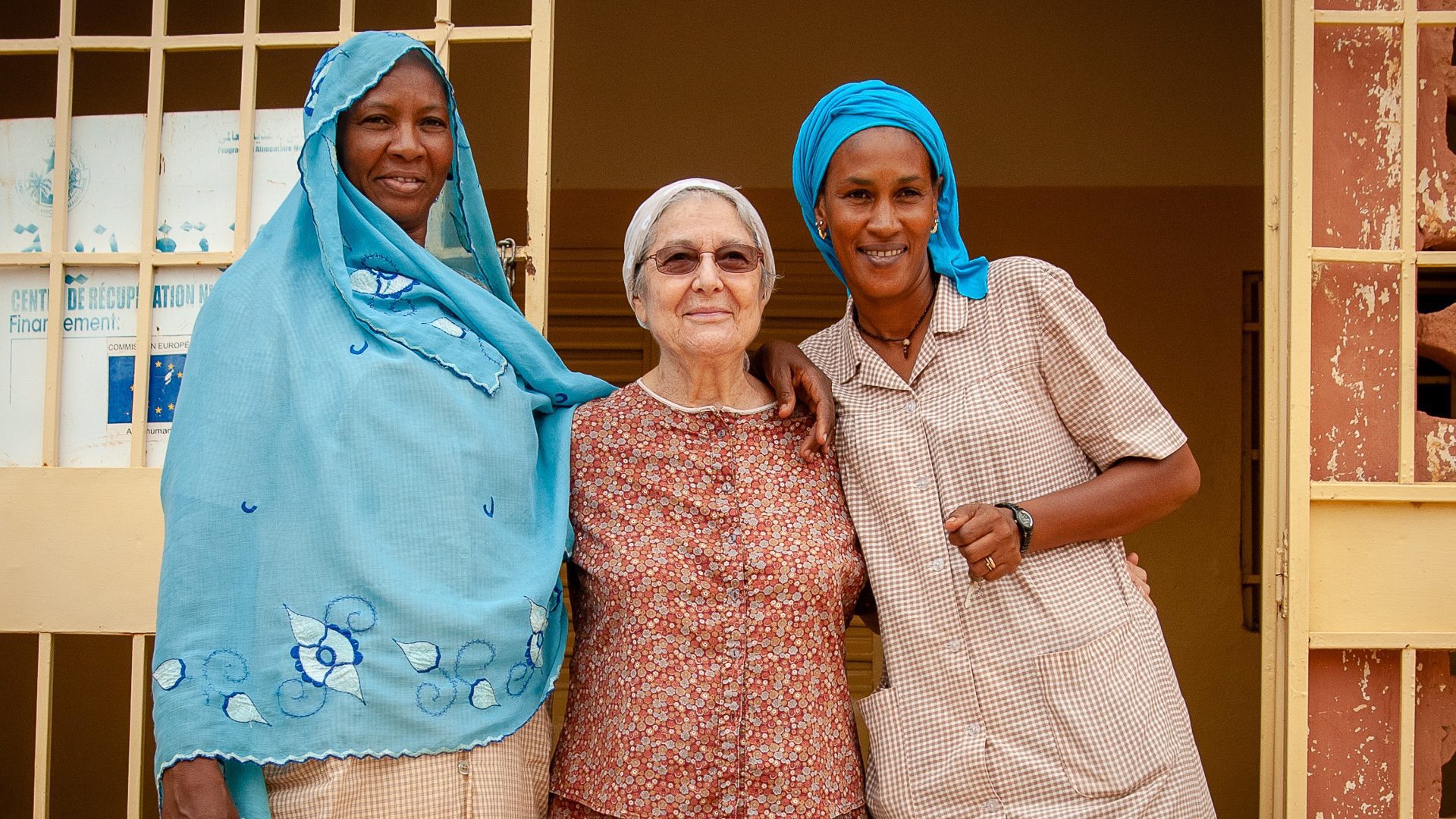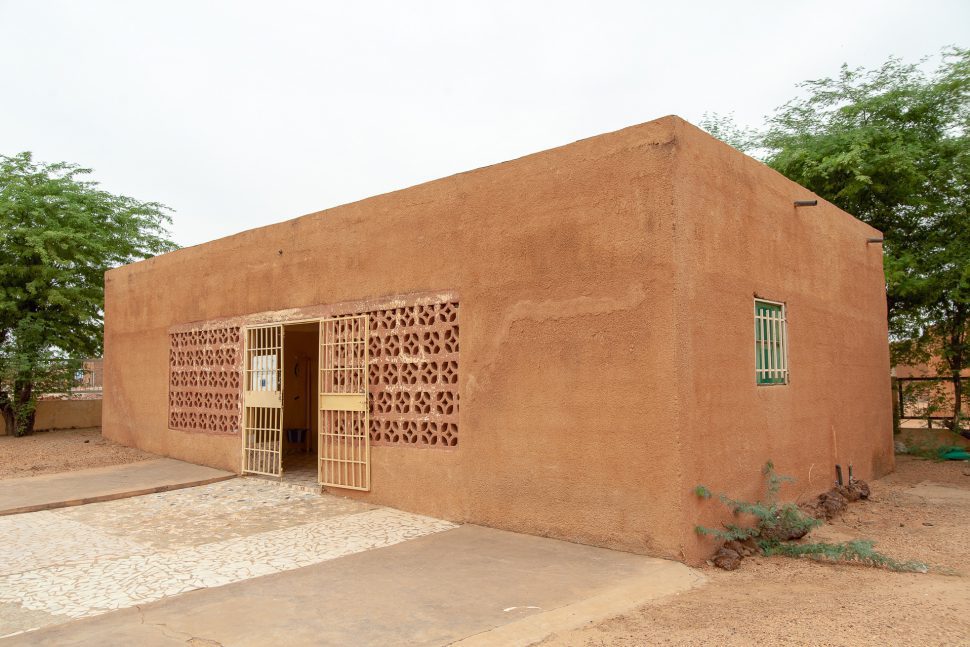Mauretania

A country in northwestern Africa bordering the Atlantic Ocean, in the Sahel zone. Mauritania is mostly covered by the sands of Sahara (in more than 80%). It is the fourth most sensitive country in the world in terms of climate changes. The recurring cycles of long-term drought (resulting in degradation of natural resources) and the aggravating water deficit additionally contribute to lack of food safety, from which the country suffers. Although it is populated by only 4.4 million people, it is a classic example of the problem of hunger caused by poverty and insufficient production of food.
Overview:
- one of the poorest countries in the world – in some of its regions, people live off less than 1.25 USD per day
- due to the food deficit, the country has to import 70% of its food
- 21% of children below 5 years of age suffer from chronic malnutrition
- 8% of the population in the dry season – which lasts even 6 months – copes with lack of food security
152
a dozen
We counteract hunger
The Good Factory in Mauretania
The Good Factory got to Mauritania thanks to sisters from the Congregation of Franciscan Missionaries of Mary in Senegal. In Dakar, they run a vocational school for girls, and in Mauritania – several other projects, which had not been receiving regular support for some time. These include the nutrition center for children in the city of Kaédi. Two workers, almost a hundred kids per week, divided into three groups, perfect organization and lack of any regular support. From time to time, the project receives some support of the local bishop. His contributions are priceless, but the center needs regular support.
How does the nutrition center work?
The first group comes to sisters every Tuesday and Thursday. It consists of about 30 children. These are small kids suffering from moderate malnutrition. They are weighed and examined, they get the special nutritional mix based on peanuts, corn flour, rice and beans. The second group comes on Wednesday. This group consists of 15 little patients. Their condition is much worse as they have a diagnosed hunger disease. They get special milk, undergo medical examinations and return home with a food supply for one week. On Mondays and Fridayss we provide care for children in a difficult family situation, orphans, who have lost one or both of their parents and the disabled children.
Thanks to sisters’ many years of work, the proportions in these groups have changed. The nutrition center has managed to minimize the problem of hunger disease.
This is thanks to everyday lectures and trainings in nutrition, cooking, hygiene and recognizing the first symptoms of health problems in children. Nevertheless, a lot remains to be done. The global warming and extended droughts still deteriorate the living conditions of the inhabitants, aggravating the problem of malnutrition.
Get to know sister Carmen:








